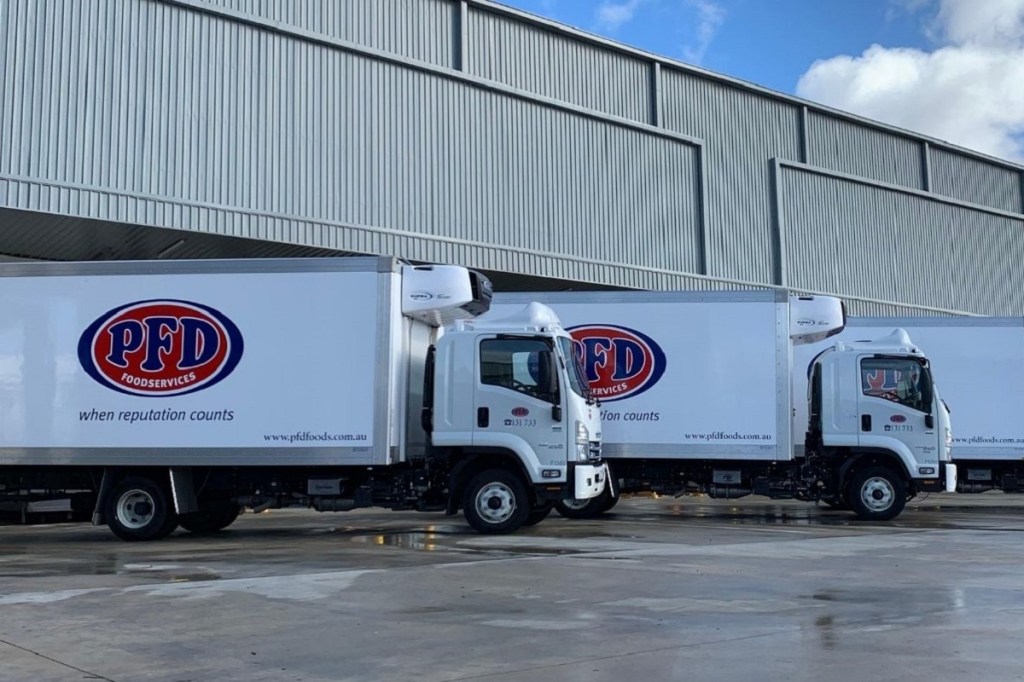In his first opinion piece since being appointed CEO of AACS, Theo Foukkare discusses how the proposed acquisition of PFD Food Services by Woolworths, could create major impacts to competition, supply and prices.
2020 was a year of change in so many ways. For the first time in my 43 years, the entire population’s way of living changed, globally. The things that we have always considered to be a normal way of life were now actually a luxury. Going out into the public arena for a walk, to exercise, to catch up with friends in their own home, to hold and hug your loved ones – it all changed overnight.
With the uncertainty came new challenges, obstacles and learnings – both in business and in our personal lives. What we witnessed from the small business community was amazing. The speed at which businesses adapted to changing consumer needs was unprecedented. The strength shown through this crisis highlighted that the backbone of business in Australia is driven by tens of thousands of family-owned and operated businesses.
‘Shop local’ was now a key pillar in the rebuilding of business confidence, and underpinned strong shop sales performance in the petrol and convenience space. This also flowed through to cafés, restaurants, local businesses – and consumers responded by continuing to support this community.
The convenience channel has held strong in comparison to many other channels, with retailers and suppliers in the main continuing to deliver better than expected results.
Shop local has helped suppliers, retailers and consumers in different ways.
But all of this could quickly be unravelled with the proposed acquisition of PFD Food Services by Woolworths. If the ACCC approves this proposed acquisition, there will be major impacts to competition, supply and prices – ultimately setting Woolworths up to further expand their already strong share of retail sales in Australia.
While so many industries have suffered during the pandemic, the major supermarkets have delivered record sales and unprecedented demand for their products. And now, they are trying to disrupt the food service distribution community, which is made up of more than 200 Australian family-owned and operated small businesses. The same businesses that have done it tough, that tried everything to survive and remain competitive, and employs many thousands of Australians, is under threat.
This move by Woolworths is another example of the large supermarket duopoly going after an opportunity that is only possible given its substantial market power. Should this be approved, it is likely that it will significantly impact the businesses that comprise many segments of the Australian food supply chain – from growers to manufacturers and distributors, and ultimately flowing through to the food service retailers, independent grocers and consumers.
The ACCC should not allow this to happen.
This article was written by Theo Foukkare for the February/March issue of Convenience & Impulse Retailing Magazine. Foukkare commenced as the CEO of AACS on 1 February. He will not cease his role as Chair of The Distributors until 31 March.

